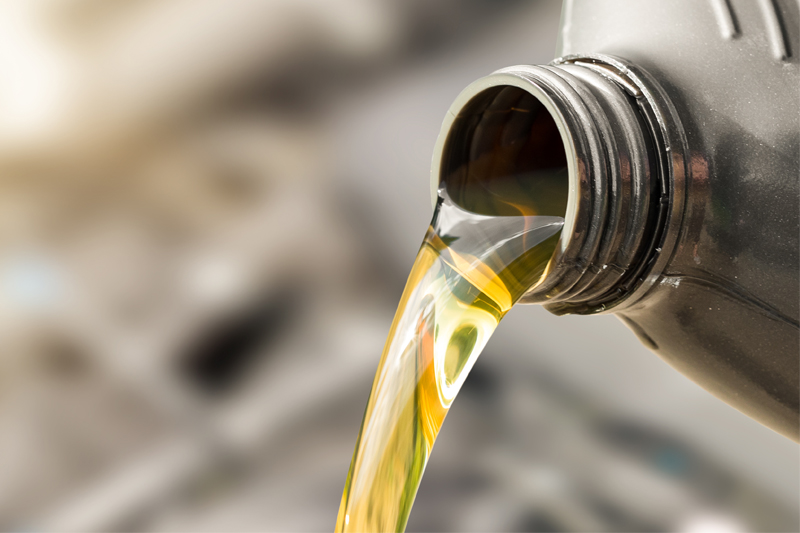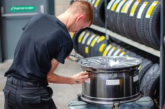
What is the best and most sustainable way of dealing with waste oil? TotalEnergies UK’s business development manager, David Valentyne discusses the options.
Storing, managing and disposing of waste oil is part and parcel of the ‘circle of life’ in any workshop. Using good practice during this process is an essential component to maintaining a healthy and safe working environment (for technicians and customers), particularly when managing fluids that are classed as hazardous or special waste.
Oils can be contaminated in many ways and require careful handling. This can occur through both physical and chemical causes: physical contamination through metal debris from a vehicle, or chemically through reactions between the oil and vehicle, moisture, and during storage through other liquids or non-fluid contaminants that are found in most workshops.
When oil is contaminated with impurities, its properties change making it no longer fit for use – resulting in waste. Those handling waste oils can refer to the UK government technical guidance on how to classify and assess waste oils.
The government technical guidance goes so far as to say that all waste oils – such as fuel, lubricant, etc. – are legally classified as hazardous waste, even if they possess no hazardous properties.
The most common waste oils produced by the motor industry are from fuels and lubricants. This means encountering hazardous waste is commonplace, and all sections of the motor industry from motor factors to technicians to car owners must engage in good practices when storing, handling and disposing of waste oils. Some examples of good practice include pouring the waste oil into a container that isn’t damaged and has a secure lid, using funnels to avoid any spillage, and using a good quality hose system to transfer waste oil into a storage tank ready for collection.
Environmental concerns
Waste oil can be extremely harmful to the environment. When motor oils and lubricants are used in engines it can pick up a variety of hazardous contaminants such as lead and zinc which can cause real harm to flora, fauna and humans.
Waste oil can be especially toxic if it enters waterways (i.e. through standard drainage infrastructure). Its film can impair natural processes through the pollution of soil and water and as little as 1 litre of oil can contaminate 1 million litres of water. Put simply, waste oil must go through the proper disposal process to minimise its environmental impact.
Unfortunately, not all waste oils are disposed of properly, however, there are many services which offer an eco-friendly, safe and compliant way to dispose of waste oils.
Household waste oils such as cooking oils in small quantities are typically easy to store and dispose of, whereas used lubricating oils from vehicles cannot be disposed of with normal household waste or recycling and should be disposed of using local waste oil disposal services. Many companies collect, treat and recycle, recovering valuable components in the process.
Businesses should consider using more environmentally friendly options, with sustainable waste management services such as that provided by TotalEnergies in partnership with Slicker providing:
- Collection and reprocessing of waste oil to be recycled as lubricating oil, contributing towards the global circular economy
- Handling of required legal paperwork to ensure businesses are fully compliant with the latest environmental regulations
- On demand collection service and scheduled collections
- Storage containers for workshop wastes which reduces the frequency of collections and help manage waste safely
Workshops and garages are increasingly adapting their business operations to become more sustainable – factoring in issues ranging from stricter rules and regulations, to the transition towards EV vehicles, to changing customer preferences. 36 per cent of UK consumers often or always choose brands with good sustainability credentials.
Incremental gains are important for the motor industry given the nature of the business – its role is to ensure that during the net zero transition the fleet of ICE vehicles which predominates UK roads are maintained in as environmentally friendly way as possible. Small steps are key, and that means having a considered and responsible approach to waste management, especially when it comes to oil products which a) have a potentially high environmental cost if not disposed of correctly and b) need to be treated in a circular fashion to minimise overall carbon footprint.
Ultimately, using good practice when storing, handling and disposing of waste oils ensures that its impact on the environment is minimised every step of the way and allows for the motor industry to play its part in preserving the environment and reaching net zero goals.









